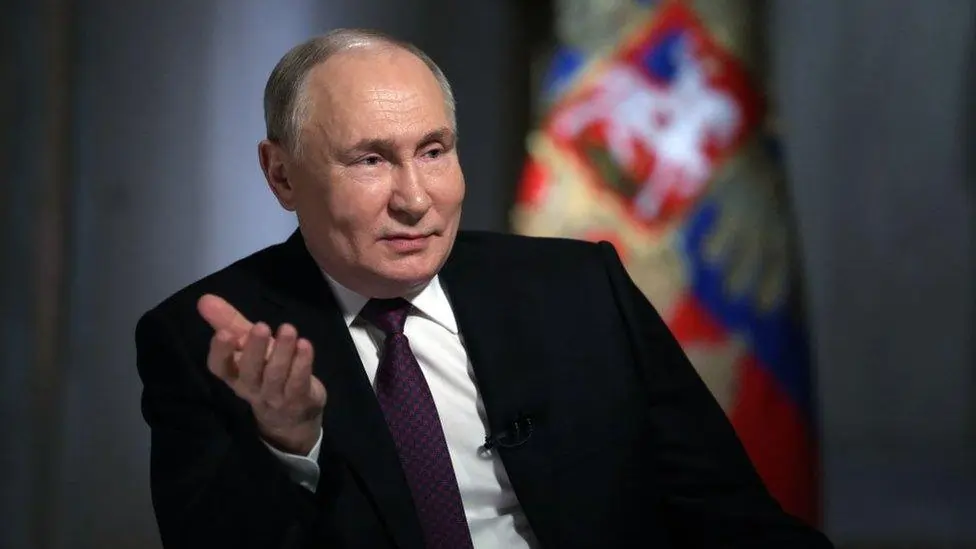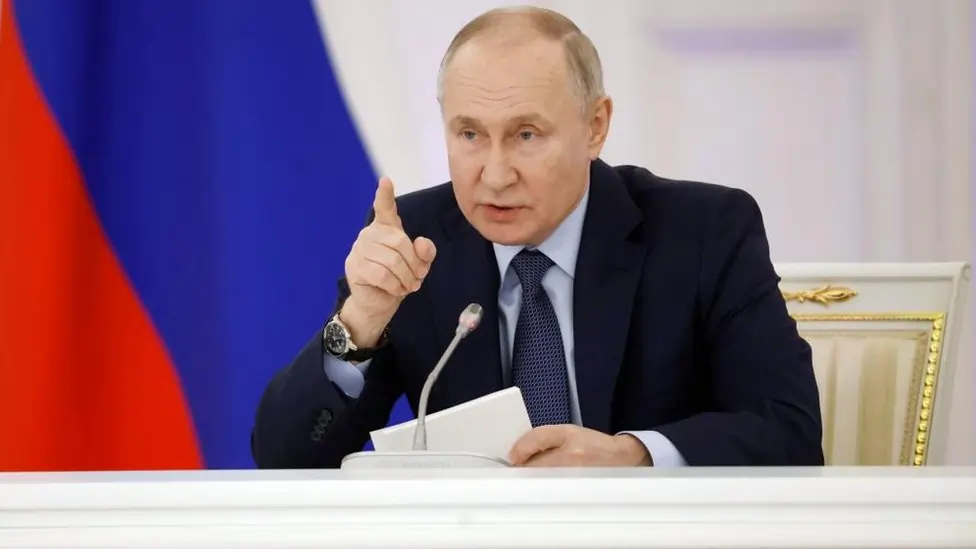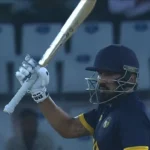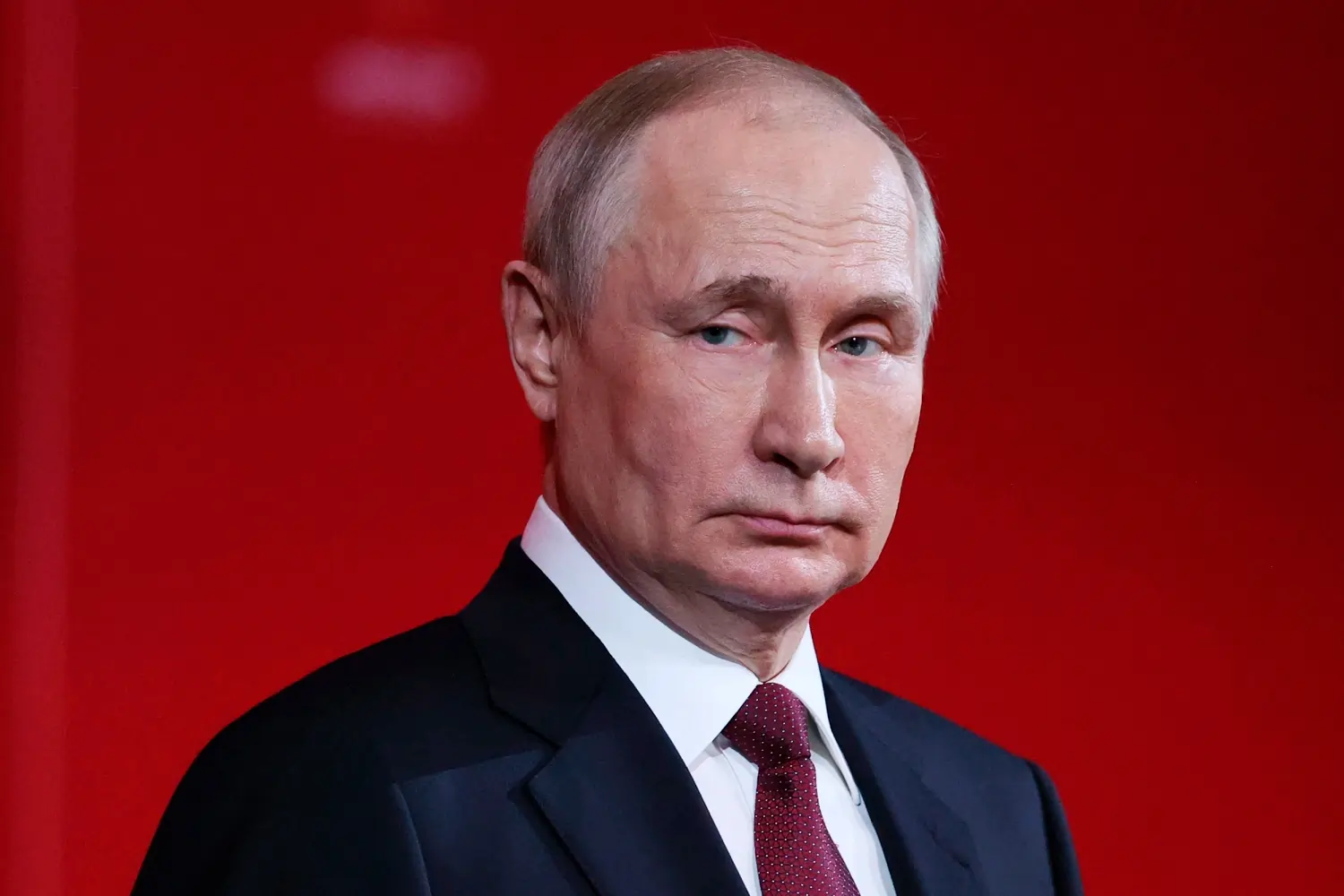Introduction
Vladimir Putin has been a central figure in global politics for over two decades. As the President and former Prime Minister of Russia, Putin has shaped both Russia’s domestic policies and its international relationships. His leadership has had a significant impact on Russia’s direction, making him one of the most influential figures of the 21st century. This article will explore his rise to power, his leadership style, the policies he has implemented, and his role on the world stage.
Early Life and Career of Vladimir Putin
Vladimir Putin was born on October 7, 1952, in Leningrad, now Saint Petersburg. He grew up in a communal apartment, witnessing the hardships of post-war life. From a young age, Putin developed a passion for martial arts, eventually earning a black belt in judo. His experiences taught him discipline and resilience, traits that later influenced his leadership.
Putin studied law at Leningrad State University. His decision to pursue a legal career laid the foundation for his future in politics. Upon graduation, Vladimir Putin joined the KGB in 1975. His work as a Soviet intelligence officer, including a posting in East Germany, shaped his political philosophy. This background gave him a unique perspective when the Soviet Union collapsed.
Vladimir Putin’s Rise to Power
In the 1990s, after the fall of the Soviet Union, Vladimir Putin entered politics. Russia, during this time, faced economic collapse, political instability, and a loss of global influence. Putin worked in Saint Petersburg’s government before rising through the ranks of Russian politics. His work ethic and loyalty gained attention, and he became a trusted figure in the new political order.
In 1999, then-President Boris Yeltsin appointed Vladimir Putin as Prime Minister. Russia was facing wars in Chechnya, widespread corruption, and economic instability. On December 31, 1999, Yeltsin resigned, naming Vladimir Putin as his successor. Putin’s calm demeanor and promises of restoring order gained him widespread popularity. He won the presidential election in 2000, beginning his long rule.
Vladimir Putin’s Leadership Style
Vladimir Putin has a leadership style marked by pragmatism, assertiveness, and centralization of power. He has sought to restore Russia’s global standing, strengthen internal stability, and promote economic growth. Putin’s KGB background shaped his preference for order and control. His policies reflect these ideals, with a strong emphasis on consolidating power and strengthening the state.
Under Vladimir Putin’s leadership, the Kremlin has centralized decision-making. Regional governors have lost much of their autonomy, and the state has increased control over the media and key industries. While critics argue that these moves limit democracy, many Russians support Putin’s efforts to bring stability and order to a country once in turmoil.

Economic and Domestic Policies of Vladimir Putin
When Vladimir Putin became president, Russia was in economic crisis. The 1990s had been a decade of chaos, with hyperinflation, unemployment, and oligarchs controlling much of the nation’s wealth. Putin focused on stabilizing the economy. He reasserted state control over key sectors, especially oil and gas, which became central to Russia’s economic resurgence.
Tax reforms under Vladimir Putin reduced the corporate tax rate and introduced a flat income tax. These changes attracted foreign investment and stimulated economic growth. During the early 2000s, Russia saw significant economic recovery, largely due to rising oil prices. Putin’s policies restored state control over strategic industries and increased government revenues. Critics argue, however, that these policies fostered cronyism and enriched the elite.
Vladimir Putin’s Foreign Policy
Vladimir Putin’s foreign policy has been assertive and strategic. He has worked to reestablish Russia as a major global power, independent of Western influence. His policies have been guided by the belief that Russia should play a central role in global politics, and he has consistently challenged Western dominance.
Early in his presidency, Vladimir Putin sought to maintain stable relations with the West. However, events such as the 2008 invasion of Georgia and the 2014 annexation of Crimea signaled a shift. The annexation of Crimea in particular, marked a turning point in Russia’s relations with the West. Many Russians saw the move as a restoration of national pride, though it was condemned by most Western nations.
Under Vladimir Putin, Russia has also deepened its ties with non-Western powers like China. His foreign policy has focused on maximizing Russia’s influence in conflicts like the Syrian Civil War. Putin’s pragmatic approach allows him to maintain relationships with both allies and adversaries to achieve his goals.
Vladimir Putin and the West
Vladimir Putin’s relationship with the West has been tense. While there have been periods of cooperation, particularly in the early 2000s, recent years have seen a significant deterioration. Russia’s involvement in Ukraine, accusations of election interference, and its actions in Syria have contributed to strained relations.
Despite these challenges, Vladimir Putin insists that Russia does not seek confrontation with the West. He frames Russia’s actions as a defense of national sovereignty in the face of NATO’s expansion and Western attempts to undermine Russian interests. Putin has argued that Russia should be treated as an equal partner on the global stage.
Criticism and Controversy
While Vladimir Putin enjoys widespread support in Russia, his leadership has drawn significant criticism. Opponents accuse him of undermining democracy, stifling political dissent, and curbing media freedom. Several opposition figures, including Alexei Navalny, have faced imprisonment or exile, raising concerns about human rights in Russia.
Internationally, Vladimir Putin has faced allegations of corruption and cronyism. Critics claim that his government has allowed a culture of corruption to flourish, benefiting the elite at the expense of the public. Furthermore, Russia’s alleged meddling in foreign elections, particularly in the United States, has further strained relations with the West.
The Legacy of Vladimir Putin
As Vladimir Putin continues his leadership, his legacy remains a topic of debate. Domestically, he has restored stability to a country that was once on the verge of collapse. His economic policies have brought growth, and his assertive foreign policy has reestablished Russia as a global power.
Internationally, Putin’s actions have reshaped geopolitics, challenging Western influence and deepening ties with non-Western powers. Whether viewed as a stabilizing force or a threat to global security, Vladimir Putin‘s impact on Russia and the world is undeniable.
Conclusion
Vladimir Putin stands as one of the most significant political figures of the modern era. His leadership has seen the restoration of Russian pride, the consolidation of power, and the reassertion of Russia’s global influence. While his policies have sparked controversy, Vladimir Putin’s influence on both Russia and the world will be remembered for generations.




